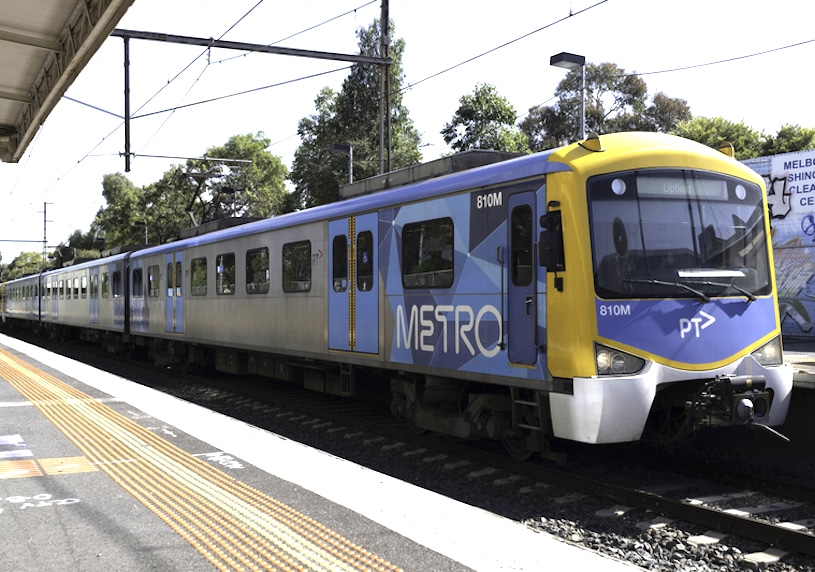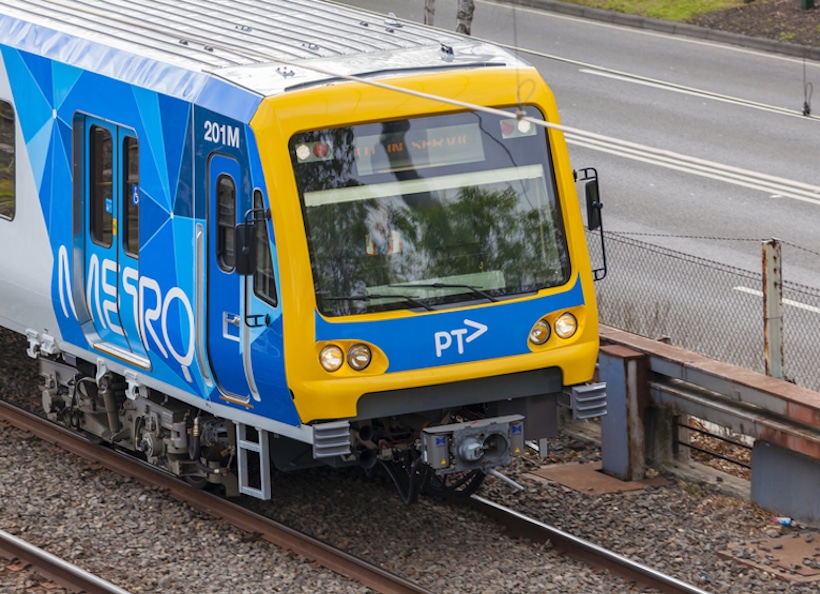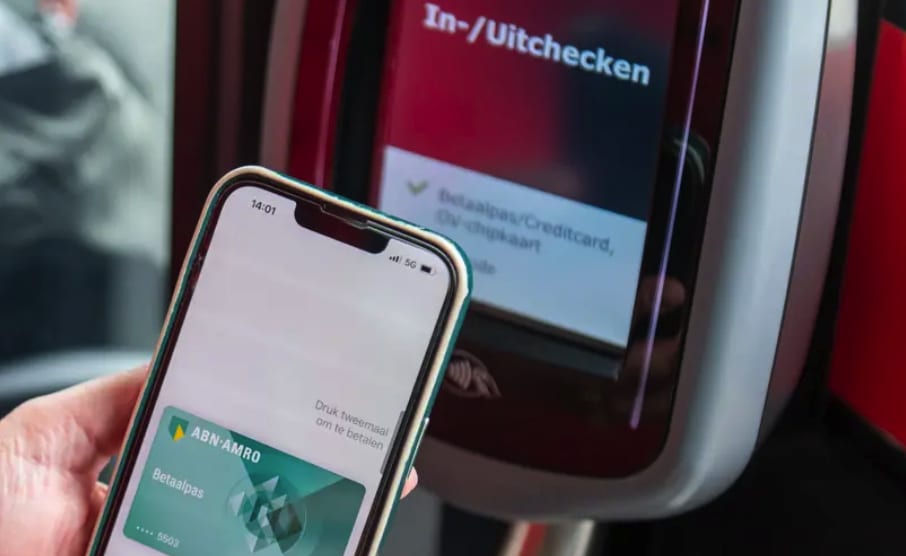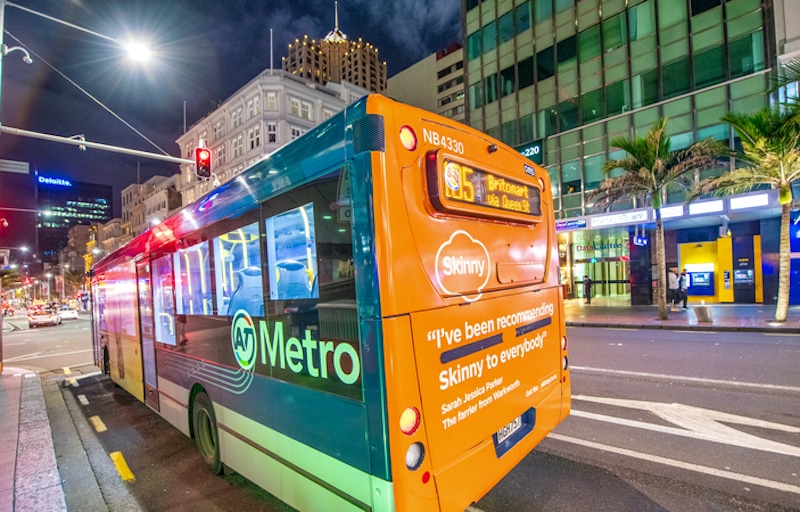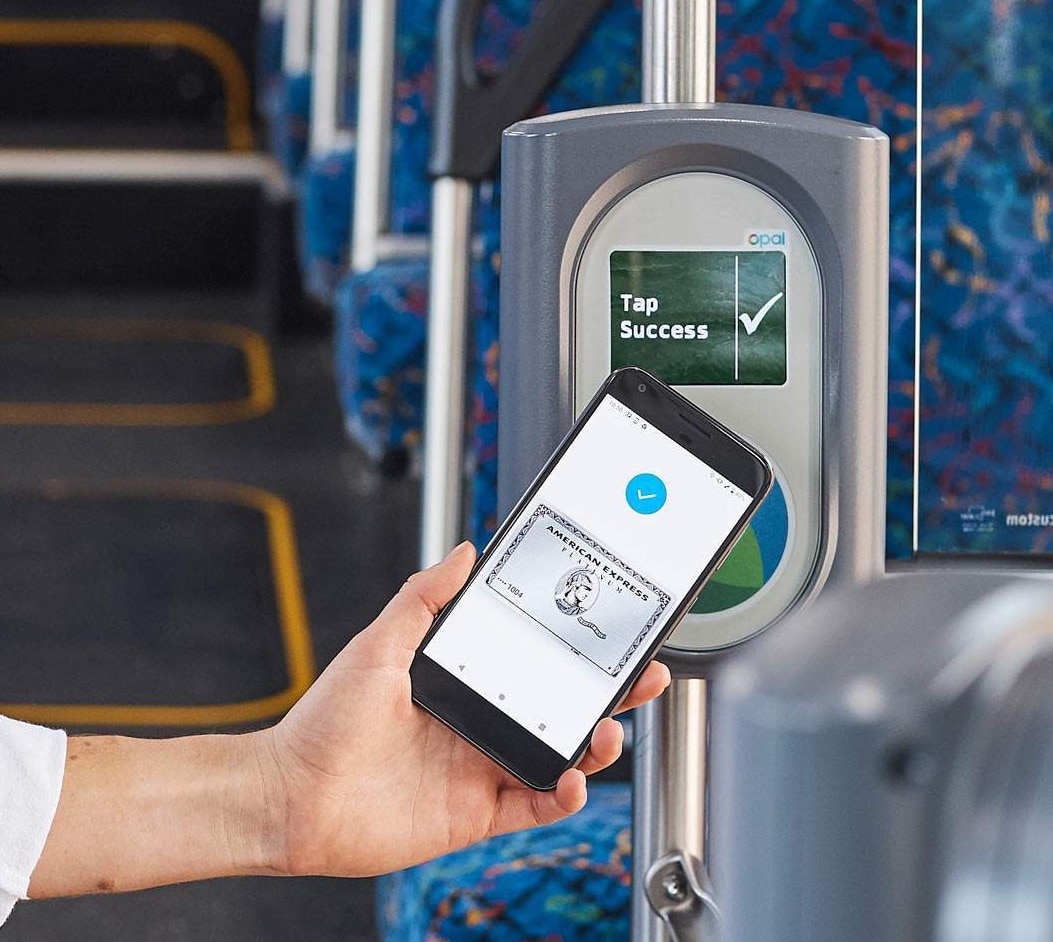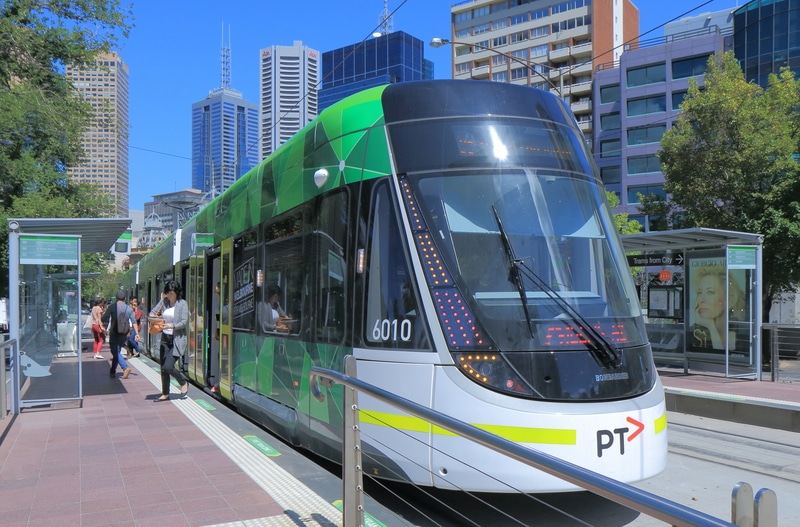
Article Highlights
Top Cubic executives accused rival Conduent of having “overstated” its experience and suggested that government procurement officials in Melbourne were negligent in their duties when they chose Conduent over Cubic for a 15-year, AU$1.7 billion (US$1.1 billion) fare-system contract this spring.
NTT Data, working with Singapore-based MSI Global, had reportedly bid AU$978 million for the new contract, well under the AU$1.7 billion contract price.
Top Cubic executives accused government procurement officials in Melbourne of failing to independently verify rival Conduent’s credentials, contending that this was a key reason Cubic lost a 15-year, AU$1.7 billion (US$1.1 billion) fare-system contract to its rival.







